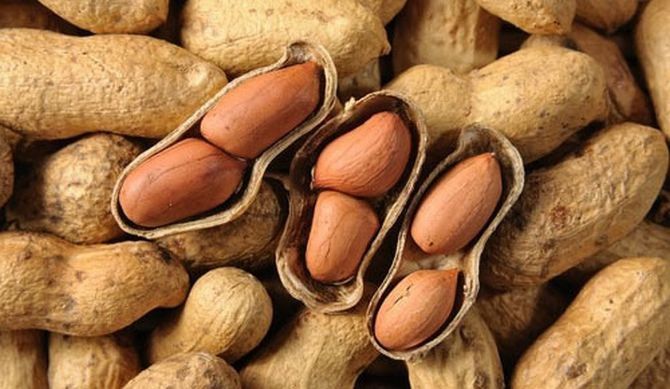After a gap of more than 13 years, the National Commodity and Derivatives Exchange (NCDEX) is all set to launch a futures contract in groundnut (in shell) to fill a void in oilseeds complex futures because of a ban in several high-volume commodities.

The futures contract for groundnut in shell will be launched on June 20, and will be available for trading for three months from July to September 2023.
Groundnut (in shell) is not for direct human consumption, according to contract documents.
Last time, the NCDEX launched a futures contract in groundnut was back in 2006, which was withdrawn in December 2009, due to business-related issues.
Sources said that Bikaner in Rajasthan being the traditional trading hub of groundnut will be the delivery centre for the NCDEX Groundnut (in shell) (not for direct human consumption) Futures contract. Gondal in Gujarat has been identified as an additional delivery centre.
Sources said going forward, the exchange is also planning to add more new contracts.
Groundnut derivatives, such as groundnut oil, groundnut meal, and groundnut butter, have emerged as essential commodities due to their versatile nature, nutritional benefits, and widespread consumer demand.
The transaction charges for trading in groundnut (in shell) would be Rs. 3 per lakh of trade.
Both the unit of trade (lot size) and the delivery unit of the groundnut (in shell) would be five tonnes with Rs. 1 tick size.
The minimum initial margin is 12 per cent.
It would be a compulsory delivery contract, which means the trade will settle in delivery on expiry.
Groundnut is one of the main oilseeds grown in the country, largely in Gujarat.
In 2022-23, the country produced around 10.28 million tonnes (mt) of groundnut in both kharif and rabi seasons, according to the third advance estimate.
It is grown in around 4.6-4.5 million hectares of land.
Welcoming the re-launch of a futures contract in groundnut, the Indian Vegetable Oil Producers' Association (IVPA), a premier body of vegetable oil traders and processors, said that the development marked a significant step forward for the groundnut industry and will provide numerous benefits for all stakeholders involved.
“It will facilitate improved price stability, enable hedging opportunities, and offer a valuable tool for market participants, including farmers, processors, traders, and end-users,” the IVPA said.
The Commodity Participants Association of India (CPAI) said that groundnut derivatives offer immense value and opportunities for commodity traders due to their diverse application and high demand.
Groundnut crop in India is relevant not just for oils but also for the ever-growing groundnut requirement in the food industry, the association said.












 © 2025
© 2025